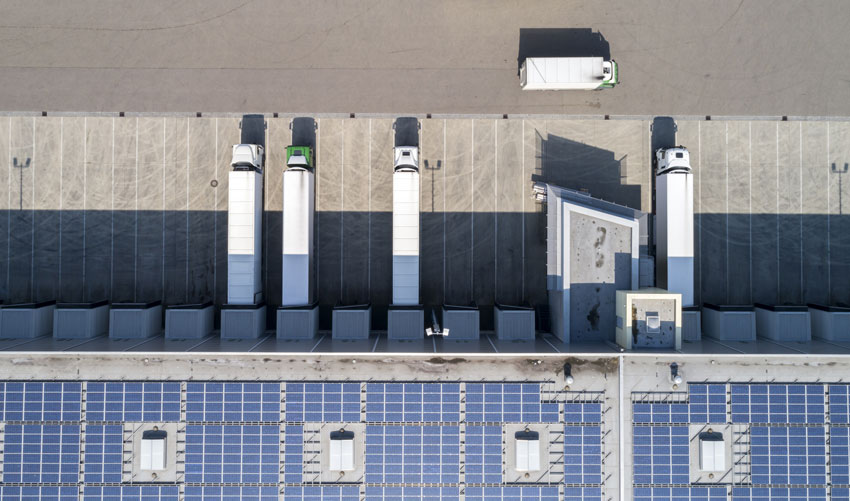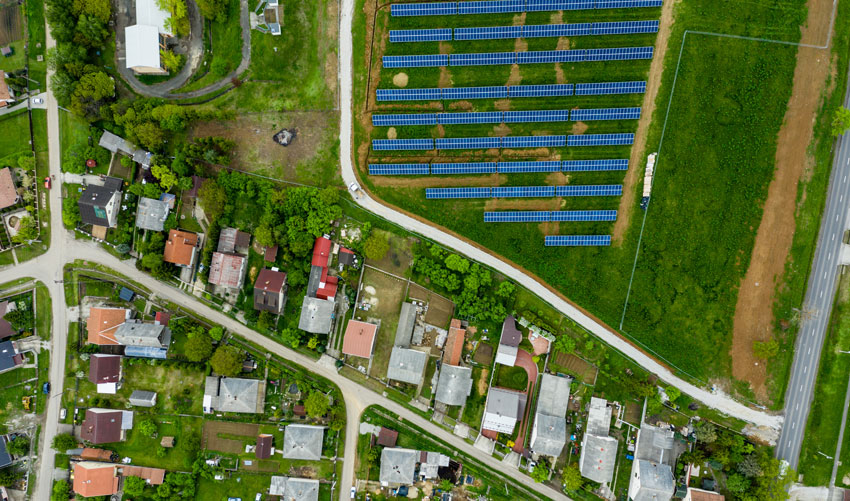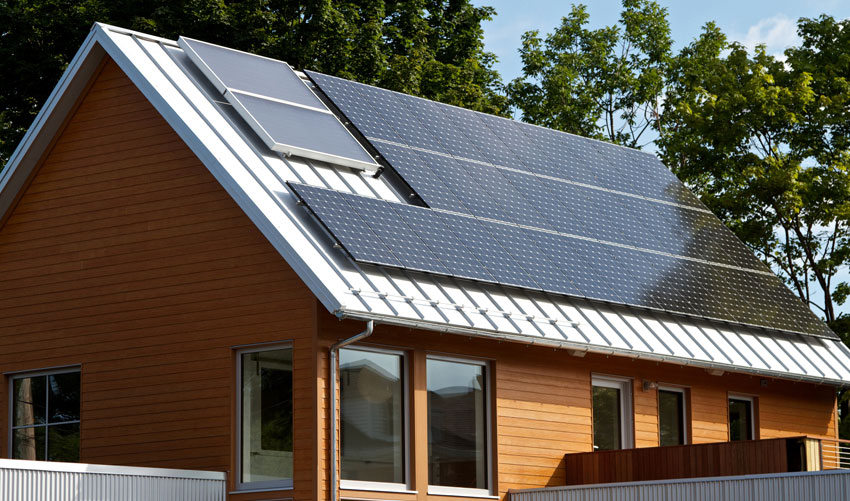LG and Panasonic are two well-respected brands for electronics. Most people have heard these names and rightfully associate them with televisions as well as various other devices. But, did you know that LG and Panasonic are also competitors in the solar panel industry?
In fact, these two electronic companies compete quite well against some of the biggest solar panel companies specifically SunPower. Plus, both LG and Panasonic solar panels are being increasingly recognized by the solar industry at large, earning them media coverage spots and other positive reviews throughout the solar power elites.
So, how do LG solar panels and Panasonic solar panels stack up against one another? Here are the pros and cons of both brands which can help you decide if you want to shortlist either of them for your own solar panel needs.
LG is the closest of the two to the leading competitor, SunPower, with the same warranty and only a 0.6% difference in solar efficiency.
LG boasts two types of solar panel models; the NeON-2 series and the NeON-R series. Throughout both series, there are different sizes and preferences built into its solar panel offerings. While the NeON-R series is supposed to be better for residential solar panels, the more universal NeON-2 series is the most popular of the two series offerings.
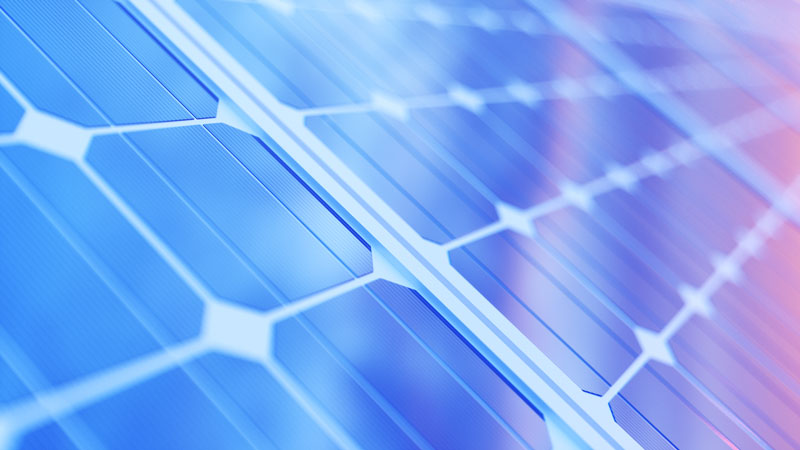
Here are the pros and cons of LG solar panels as they relate to Panasonic solar panels and the overall solar panel market:
Pros of LG Solar Panels
LG solar panels are rated extremely close to SunPower for their near-identical warranty and energy efficiency. When matched up against Panasonic solar panels though, there are a few extremely interesting pros that anyone deciding between the two companies should be aware of:
Better Efficiency Overall: LG solar panels have a 20.1% efficiency which is extremely high. When it comes to solar panel efficiency every percent, or point of a percent matters, which is why they are rated with such precision.
More Options: While Panasonic has a vast array of different solar options, LG has specific solar panel options that fit different price-points and functions. The NeON-2 and NeON-R options are both available to customers giving anyone who is looking into LG solar panels a variety of both styles and overall uses for the specific brand.
Cost: While the cost differentiation between LG and Panasonic solar panels is a matter of a few cents, LG still comes out being a more affordable product. If you are pinching pennies but still trying to install a quality product, numerically LG is going to outweigh Panasonic.
Cons of LG Solar Panels
While there are many positive reasons to get LG solar panels, there are a few downsides to this specific solar panel company.
Here are the cons that are associated with LG solar panels:
Degradation: LG panels might have a good proficiency coming out of the gate but they have a high degradation rate compared to Panasonic and other leading solar panel companies. Granted, LG is actively working on its degradation rate but it is still subpar to many of the company’s direct competitors.
Overseas Company: LG is a Korean company which means that they have a lot of imports going into the United States. While this is normally not an issue, the tariffs on imports of solar panels are likely to continue to reflect the price that customers need to pay.
Solar Power Banks: LG has a solar power bank that is available where power can be stored for, literally, rainy or cloudy days. The problem is this power bank is a highly expensive addition to your already pricy solar panel purchase.
Panasonic Solar Panels
Panasonic solar panels are just one of the many solar options that Panasonic is working on releasing throughout the course of the next few years. Their projects are lighting the way all throughout the world. From solar towns to individual homes, workplaces, factories, power plants, and even bridges, Panasonic is trying a multitude of different ways to bring solar into everyone’s everyday life. (Panasonic is even hinting at a solar car!)
However, the product that they presently have available to the public is their solar panels. So, here are the pros and cons of installing Panasonic solar panels:
Pros of Panasonic Solar Panels
Even though they are not the highest-rated solar panels on the market in terms of their efficiency, Panasonic solar panels have plenty of positive attributes that make it a true and lasting contender in the solar market.
Here are the pros that Panasonic solar panels have to offer:
Better Warranty: Panasonic goes in a different direction than what most warranties offer and this nonconformity helps them stand out in a positive way. Instead of the basic 25-year warranty, Panasonic offers customers a warranty that guarantees after 25 years their solar panels will still meet a 90.76% power output. This warranty goes above and beyond those of even the most popular solar panel companies.
Performs Better in Hot Weather: Ironically, solar panels have a longstanding history of not being able to withstand hot weather and continue at full capacity. Therefore, even when the sun is shining brightly the heat of the power source is slowly roasting your solar panel system. However, with Panasonic, their HIT panels have a temperature coefficiency of -0.258%/°C.
Eco-Friendly Manufacturing Process: In addition to creating solar panels to help individuals and other companies reduce their carbon footprint, the company also manufactures its solar panels in an eco-friendly environment.
Cons of Panasonic Solar Panels
There are many different positive aspects to the Panasonic solar panels. Although, there are a few downsides to these solar panels too.
Here are the cons that are associated with Panasonic solar panels:
Lower Efficiency From the Start: When you are deciding which solar panel company is best for you, the solar efficiency or the amount of power the panels generate from the sun is one of the biggest factors. Throughout the past few decades, the percentage of efficiency has increased exponentially. Panasonic’s efficiency overall is 19.6%, which is .5% less than LG’s overall efficiency.
Costly: It doesn’t matter which solar panels you go with, you are going to have to expect an investment. However, Panasonic solar panels are more expensive overall compared to both LG and the leading solar panel brands.
Too Much Too Soon: Considering that Panasonic is not the highest in the field for solar technology in either price or efficiency, it is odd that they are expanding their solar market. Panasonic is talking about solar cars, towns, and many other ideas but their efficiency especially is not as great as it could be. After all, as a solar panel customer, it likely doesn’t matter that they are working on other solar endeavors when they cannot perfect their solar panels to put out the highest efficiency possible.
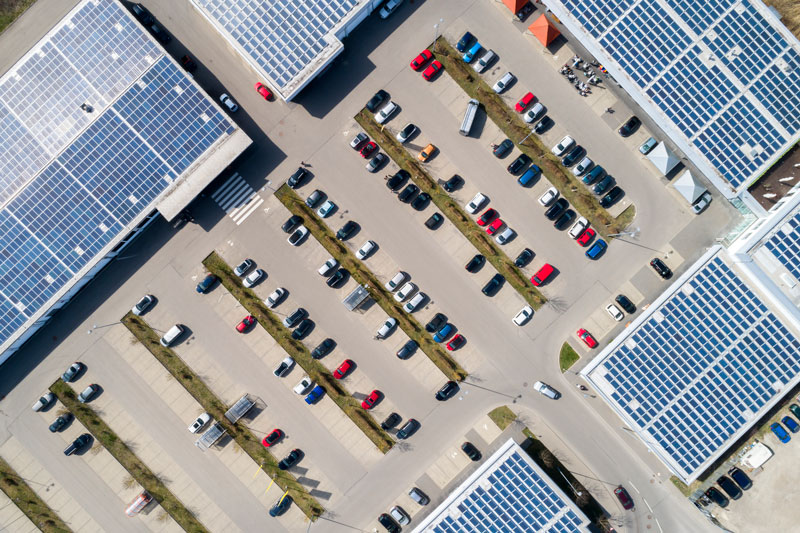
In summation, both LG and Panasonic solar panels are a solid choice for turning your home or office building solar-friendly. Both companies have good reputations and a lot to offer their solar customers. Therefore, after you know the pros and cons of both, the decision is based on your personal situation and preference. Either way, going with LG or Panasonic is sure to light up your world with long-lasting, efficient power.
